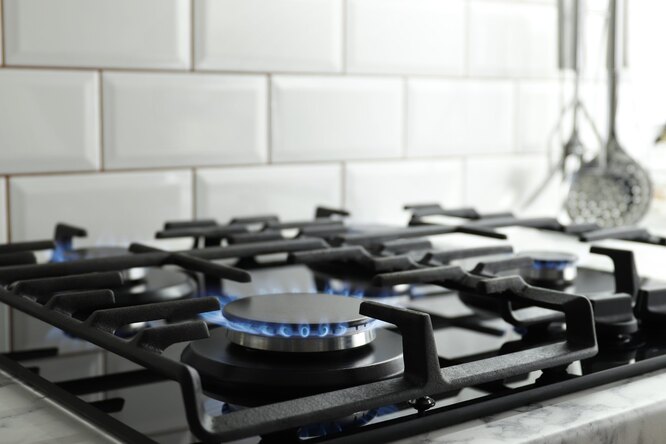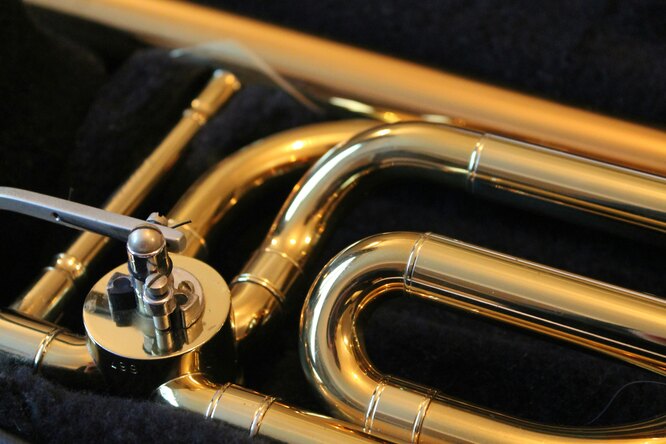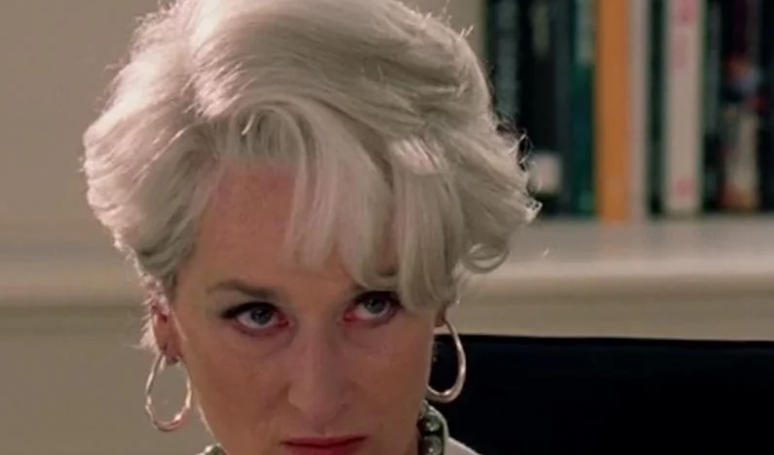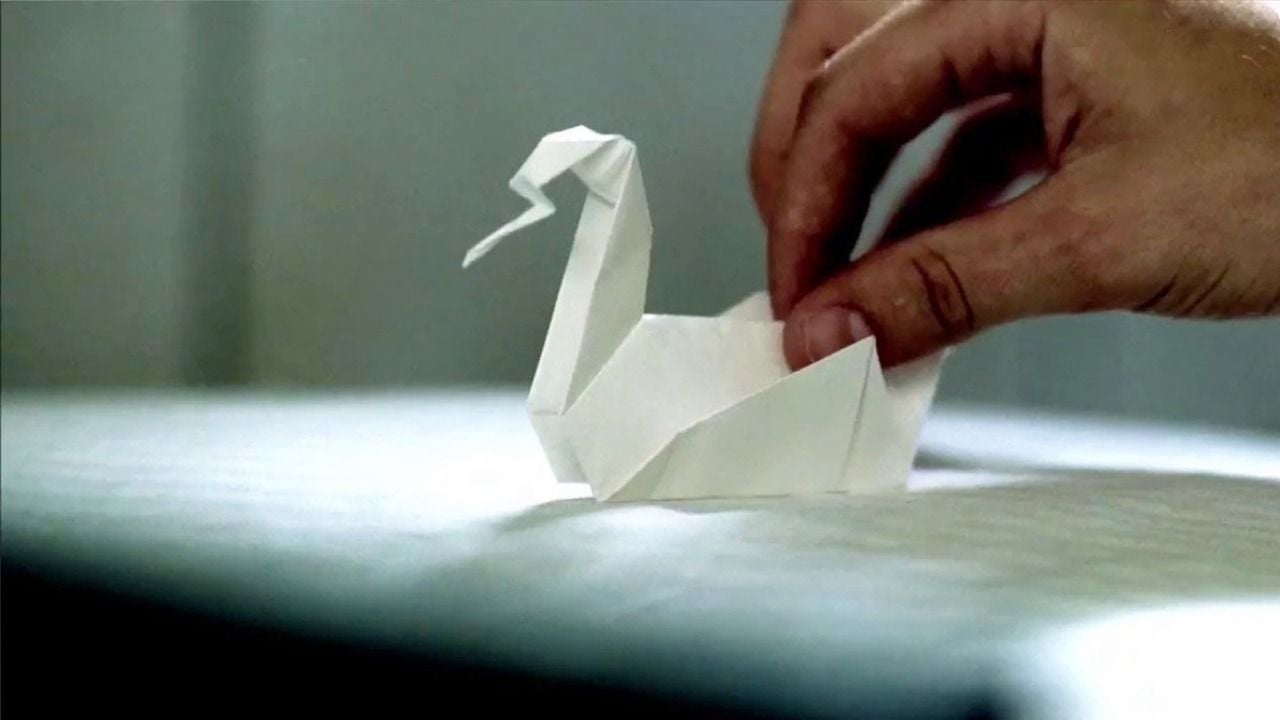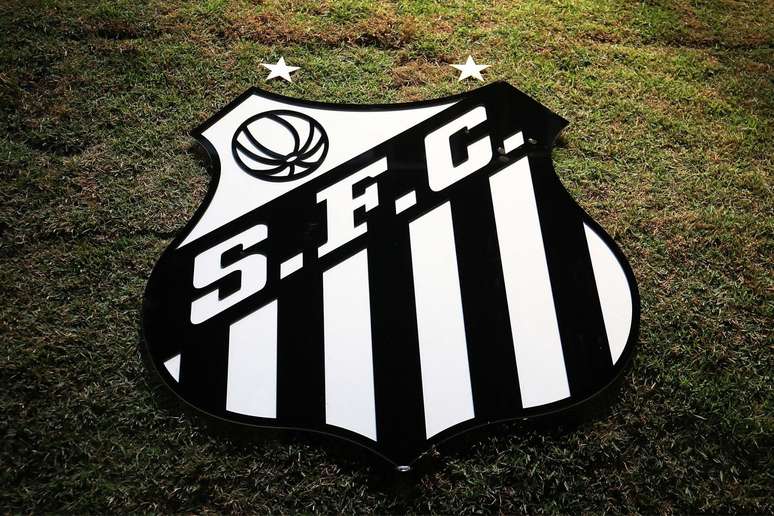Do you have a list of things that should not be washed in water?
Without water, not only life on the planet is impossible, but also cleaning. It can be used separately or combined with other means, for example, vinegar. H2O seems universal to us, but to think so is a big mistake: there are things that do not need to be washed in water if you want them to serve you faithfully for a long time.
What not to wash with water: advice from professionals
TREE
You’ve probably heard more than once or twice that you shouldn’t wash wooden surfaces with water. Experts confirm that this is not a myth, but a pure truth. “Moisture can warp and possibly crack wooden furniture, and if it is painted and treated, you risk damaging the finish. The same thing can happen with parquet or laminate flooring. In general, wooden items should not be washed with water, but you can use a well-wrung damp cloth and dry it immediately, says cleaning company employee Kathy Cohun.
Marble
Any housewife knows not to wash electronic devices with water – the only exception would be the women in parody videos, dousing laptops from the shower. But did you know that not all countertops are beneficial for humidity? According to Kathy, marble can be damaged by H2O: it is a porous and soft stone that can be damaged very easily. “Always read the manufacturer’s instructions when cleaning marble and be sure to renew the sealer,” says Kathy.
Gas stove burners
